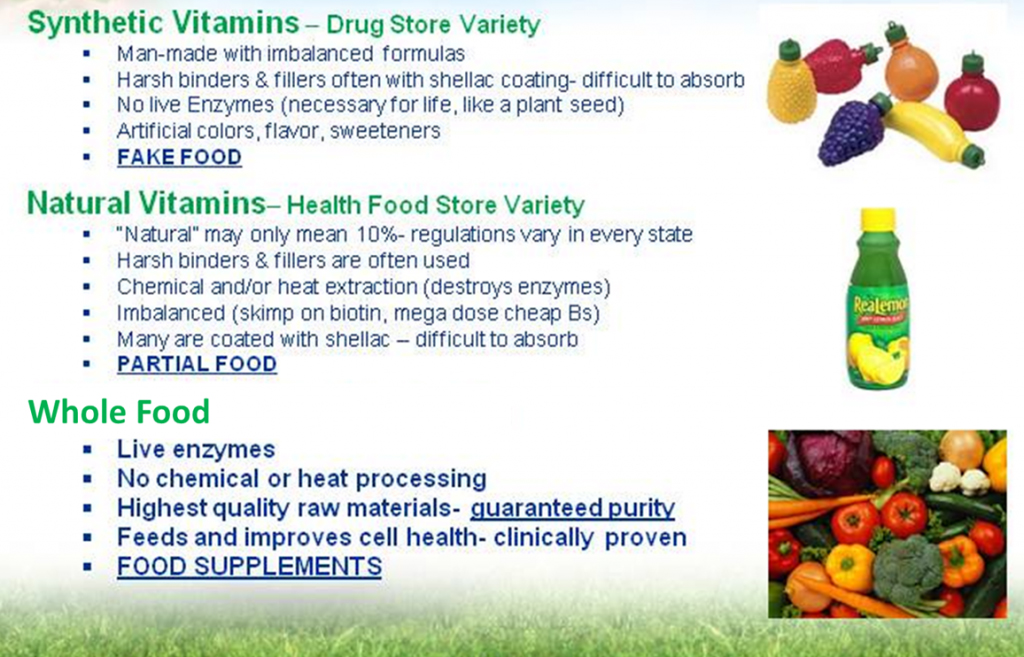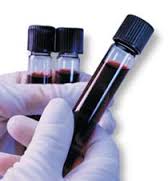A Conversation About Heart Health (continued)

Flawed Trials Help No One
Neither the Physicians' Health Study nor the Women’s Health Initiative accomplished what they intended to do. How can you estimate prevention by giving single synthetic nutrients to aged individuals, who either already have the disease, or have at least 3 major risk factors for developing that disease?
Does that make ANY sense at all?
The most comprehensive health-oriented database available is the National Health and Nutrition Examination Survey (NHANES). Since the 1960s, the National Center for Health Statistics has compiled both demographic and lab test results from millions of Americans. This information has been used to investigate various nutritional and lifestyle behaviors and their impact on health.
[8].
The NHANES database clearly demonstrates that those who eat the most fruits and vegetables, and add supplements to their daily diet experience the LOWEST incidence of the ALL the diseases associated with advanced age.
[10]
These include vascular disease, stroke, heart attack, diabetes and cancer. Those 5 are the top killers of everyone above the age of 50.
 |
It's equally important to recognize that Vitamin E is NOT just alpha-tocopherol. Vitamin E is actually a combination of EIGHT different fat-soluble compounds, including both the tocopherols and tocotrienols.
[11]
It’s the same with the B and C vitamins.
Folic or ascorbic acid do not occur as isolated nutrients in Nature. They are bound together in plants with enzymes, co-factors and other bioactive substances that have yet to be fully understood.
Synthetic vitamins are NOT accepted by your body with the same eagerness as are natural (food-based) nutrients.
A series of 4 human trials demonstrated that synthetic vitamin E is:
- Poorly absorbed, compared to natural E, and
Is preferentially and rapidly excreted, compared to natural nutrients.
[12,
13,
14,
15]
In one of these experiments, Japanese researchers alternately gave natural and synthetic vitamin E to seven healthy young women. It took 300 mg of the synthetic vitamin E to achieve the same blood levels accomplished by a 100-mg dose of natural vitamin E.
[15]
Synthetic is NOT comparable to natural nutrients.

Heart Health Tests
When your doctor tests your blood for heart health, they look at your cholesterol levels, and specifically focus on 2 tests that are considered as major biomarkers (or indicators) of heart disease:
High blood homocysteine is a key marker for vascular disease, and is closely associated with sudden-death heart attack and stroke.
[16,
17,
18,
19,
20]
It also appears to be a significant marker for psychiatric disorders and Alzheimer's disease.
[16,
17]
Numerous clinical trials have shown that B vitamins effectively, and significantly reduce homocysteine levels, thus lowering risk of heart disease, stroke, and perhaps a spectrum of neurodegenerative diseases, including Alzheimer's.
[19,
20]
C-reactive Protein (CRP) levels are an indicator of inflammation, and high levels are strongly associated with many disease processes, including heart disease, chronic obstructive pulmonary disease (COPD), diabetes and Alzheimer's.
[21,
22]
Associations between high C-reactive protein and homocysteine levels have been found in patients with bipolar disorder and schizophrenia
[23]
and lowering homocysteine levels with B vitamins also appears to prevent the cognitive decline component of Alzheimer's disease
[24]
as well as reducing the incidence of coronary heart disease and death.
[25]

The Big Picture
We just reviewed 4 failed nutrient studies. The underlying flaw with these studies is that they treat single nutrients as though they were experimental drugs.
In Nature, vitamins do not exist as single components which act independently. In reality, Vitamins occur in our foods as COMPLEXES.
Vitamin complexes are made up of several different components — enzymes, co-enzymes, and co-factors — that need to work together synergistically to produce their intended biological effects. So, it should come as no surprise that taking a single synthetic nutrient provides no (or minimal) benefit.
Finally, using aged individuals whose bodies are already starting to “fall apart” to study prevention is madness!
The key take-away is: Supplementation is not the “cure” for disease.
Research clearly shows that it is the
LACK of key nutrients in our diets, over a prolonged period of time, that appears to be at the root of the cellular dysfunction that leads to disease states.
Here’s a simple analogy:
What would happen to your car if you never changed or replaced your oil?
 |
Parts would start to wear unevenly, and finally something would fall apart or fail. Preventative supplementation is based upon this same simple logic.
Every day the body replaces millions of cells, in our skin, muscles, and internal organs. If we don’t have a full spectrum of nutrients and building blocks in our blood stream, including vitamins, minerals, proteins and antioxidants, the new tissues we produce may be flawed or weakened.
When researchers look closely at diseased tissues from compromised individuals, those cells always lack key nutrients.
[26,
27]
This is especially true in neurodegenerative brain tissue.
Heroic medicine is brilliant at designing medicines and surgeries to manage these failures. Holistic nutritional management is equally brilliant at prevention. So, please remember, as we review the following separate nutrients, that it is the interaction between ALL of them, from birth onward, that creates and maintains our health.

Introducing the Heart Health Nutrients

Go to Page 3

|
|
|



